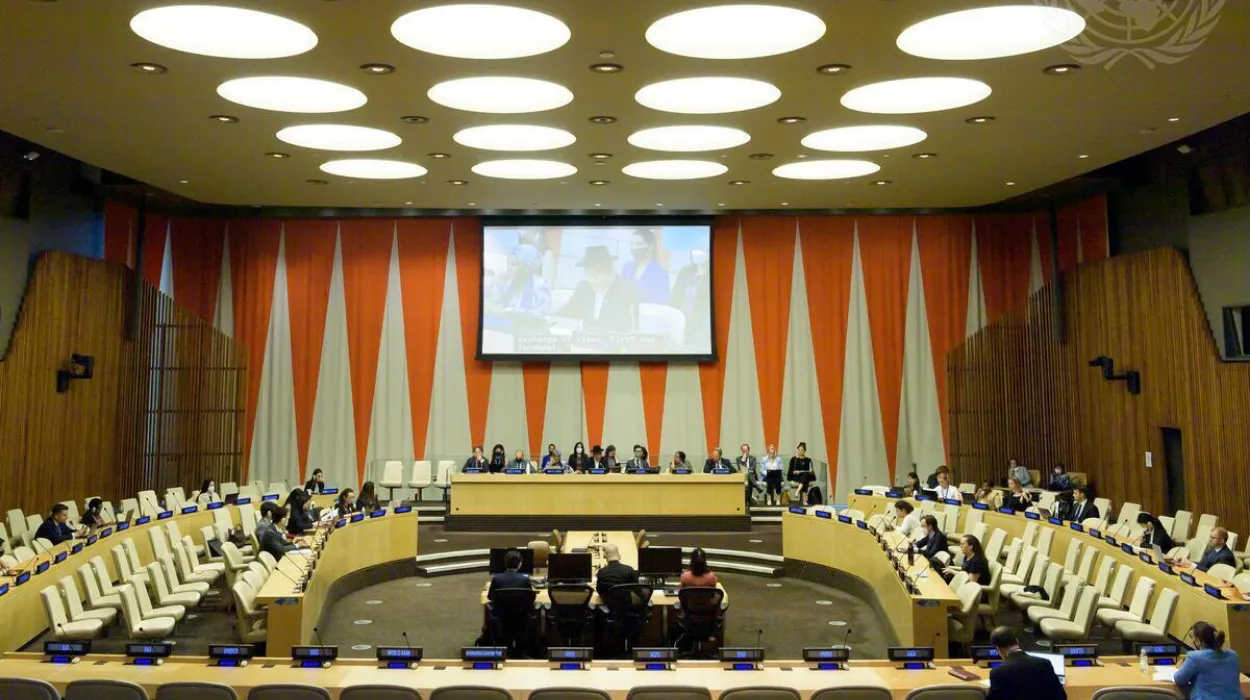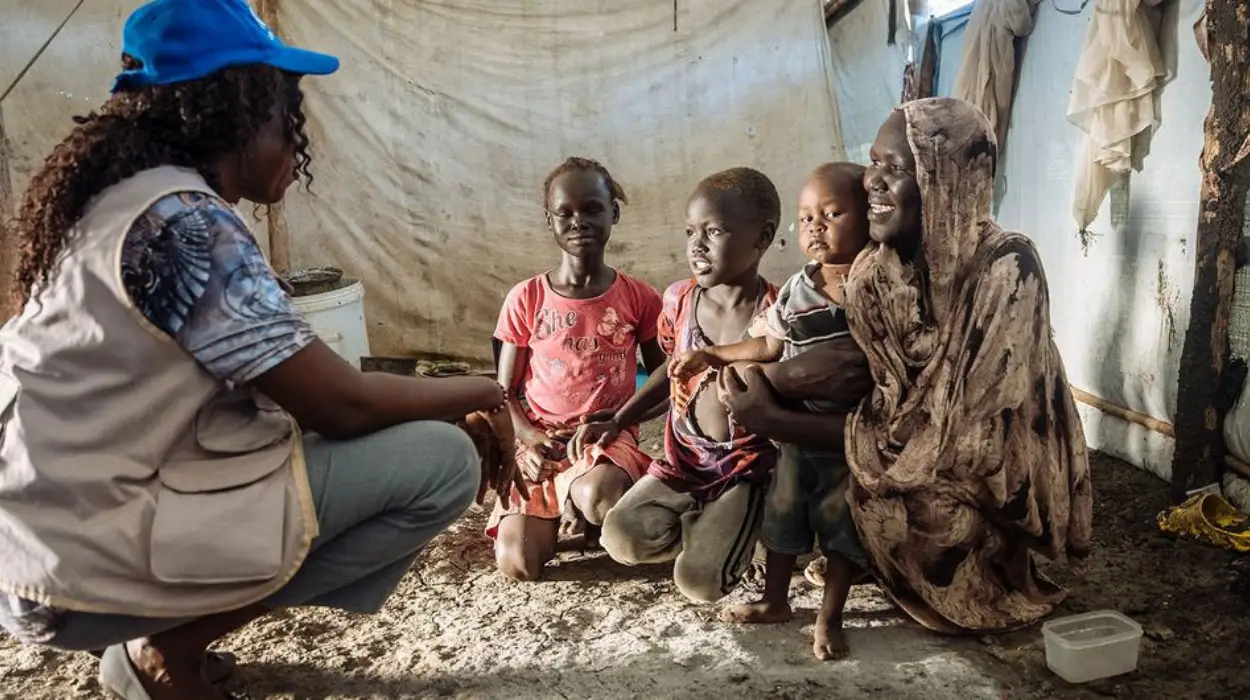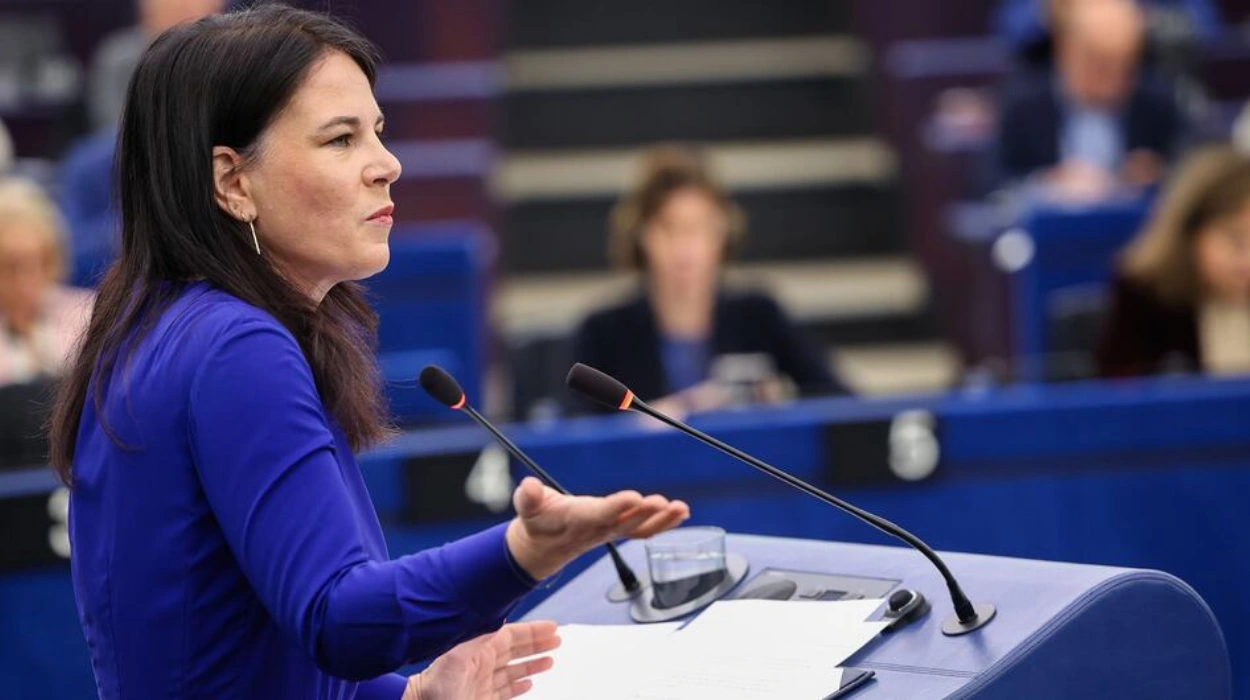As Brazil moves beyond 2025, there has once more arisen the issue of the health of the environment of the country, especially the Amazon rainforest. As deforestation has surged by 8 percent in the first half of the year, international observers are scrutinizing the capability of the administration of President Luiz In from ruling the roost In the quest to sustain massive growth in its economy with its climate pledges.
The Amazon, often referred to as the “lungs of the planet,” plays a vital role in carbon sequestration. Its well-being is not only critical to Brazil, but also to the international struggle to deal with climate change. Nevertheless, rainforest is moving towards ecological collapse due to agricultural expansion, illegal felling of trees and construction of infrastructure.
Lula’s Environmental Pledges Under Pressure
Upon coming back to power in 2023, Lula committed himself to counteracting the environmental destruction that had aggressively intensified during Jair Bolsonaro. His government re-entered international discussions on climate change, restored environmental watch dog organizations and made a commitment of net-zero deforestation by 2030. However, the agenda will be against going wind in 2025.
Agribusiness lobbying has undergone renewed facilitation owing to the increased international demand in soy and beef. According to the satellite data in April 2025, the level of pasture creation increased by 12 percent since 2024. Marina Silva, the minister in the Ministry of Environment, has demanded more effective enforcement apparatus, although opposition between the Ministry of Environment and the Ministry of Agriculture regarding the reversal of regulations has slowed down rapid action.
The Green Investment Conundrum
The foreign investors have been taking Brazil with a pinch of salt in the cause of transitioning to a green economy. The U.S., EU, and China have made almost 3 billion dollars of climate-related deals in the Brazilian energy, agricultural, and infrastructure industries between the middle of 2025. However, disbursement is being delayed by domestic legislative deadlock.
One example is the “Green Export Initiative” launched in March, aimed at certifying Brazil’s agricultural products as deforestation-free. Though applauded by the EU, Brazilian agribusiness leaders argue that the cost of compliance could undermine competitiveness.
Amazon Fund: Revival and Roadblocks
Led by Norway and Germany and now the U.S., the Amazon Fund was re-opened in 2023 and in early 2025 it hit record pledges. Nevertheless, bureaucratic logjams have hampered allocation of resources. On the ground, the NGOs record that fewer than 40-percent of the committed funds have reached the grass-root conservation endeavors.
Such flaws were in June noted by the Brazilian Court of Audit with regard to the procedures of project approval, which is of great concern regarding transparency and accountability. Such disclosures have had donors postpone further outlays until reforms are implemented in the procedures.
Indigenous Rights and Resource Exploitation
The Indigenous communities have also relaunched efforts of gaining legal status and land rights in 2025. The March decision of the Supreme Court that reinforced Indigenous land demarcation has given people courage to fight exploitive projects on ancestral territories.
Nevertheless, the prevalence of illegal mining, and in particular, gold and rare earths mining, is still high. The June satellite images showed that more than 150 new illegal mines have appeared in conservation areas. Enforcement efforts are still isolated despite calls by the population to overturn the practice.
Brazil’s Global Image at Stake
Brazil has offered itself as a mediator between the South and the Global North on the climate in the international arenas. Lula’s speech at the 2025 Bonn Climate Dialogue emphasized Brazil’s leadership in “green diplomacy.” Nevertheless, discrepancies between rhetoric and home action are starting to harm the credibility of Brazil.
The critics mention the two-track communications: on the one hand, Lula is vigorously advocating the protection of Amazon, and on the other hand, his government authorised 37 new infrastructure initiatives in the Legal Amazon region only during the first half of 2025. The EIAs of most of these projects have been rushed through so that community consultation is not done completely.
Outlook for 2025 and Beyond
Other parts of 2025 will be pivotal to the environmental history of Brazil. The most critical legal actions, including land rights, licensing of the environment, and agreement of carbon credits with foreign nations are to be discussed in Congress.
The environmentalists cite that unless there is stricter enforcement and a good alignment of the policies, Brazil will compromise not only its own ecological future but also its capacity to draw a sustainable investment. In the meantime, the agribusiness and mining lobbies are demanding deregulation in order to take advantage of booms in certain commodities.
With the growing challenge of climate change and international pressure, Brazil will face tough decisions on either the financial gain in the short term or environmental protection in the long term. Its activities over the next few months will have a greater echo much further afield than its borders, an impact on climate diplomacy as well as on ecological futures.









